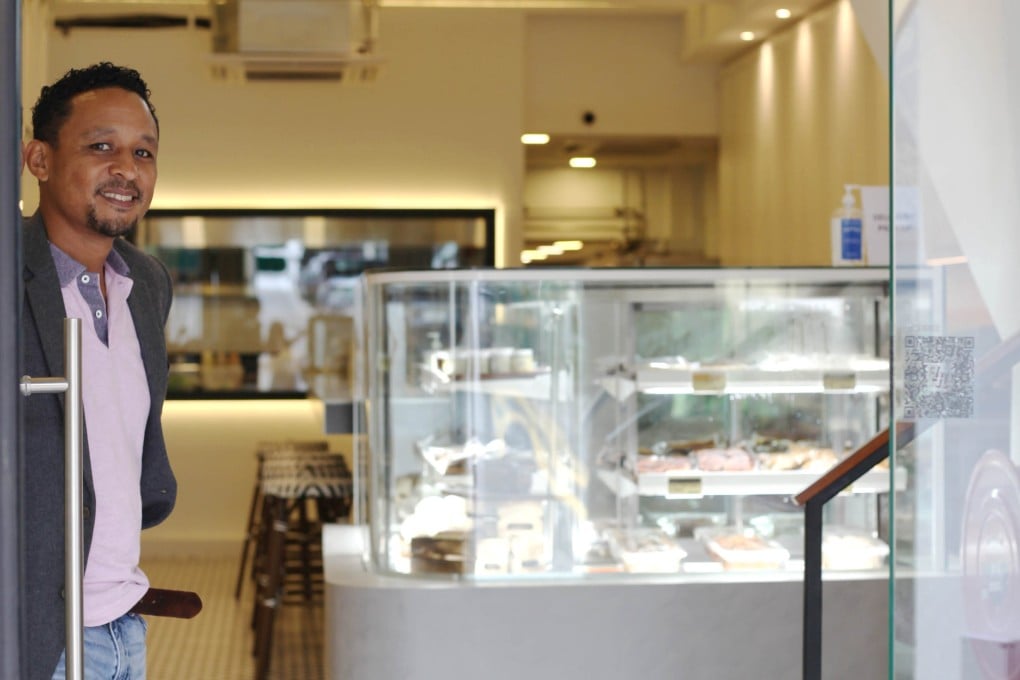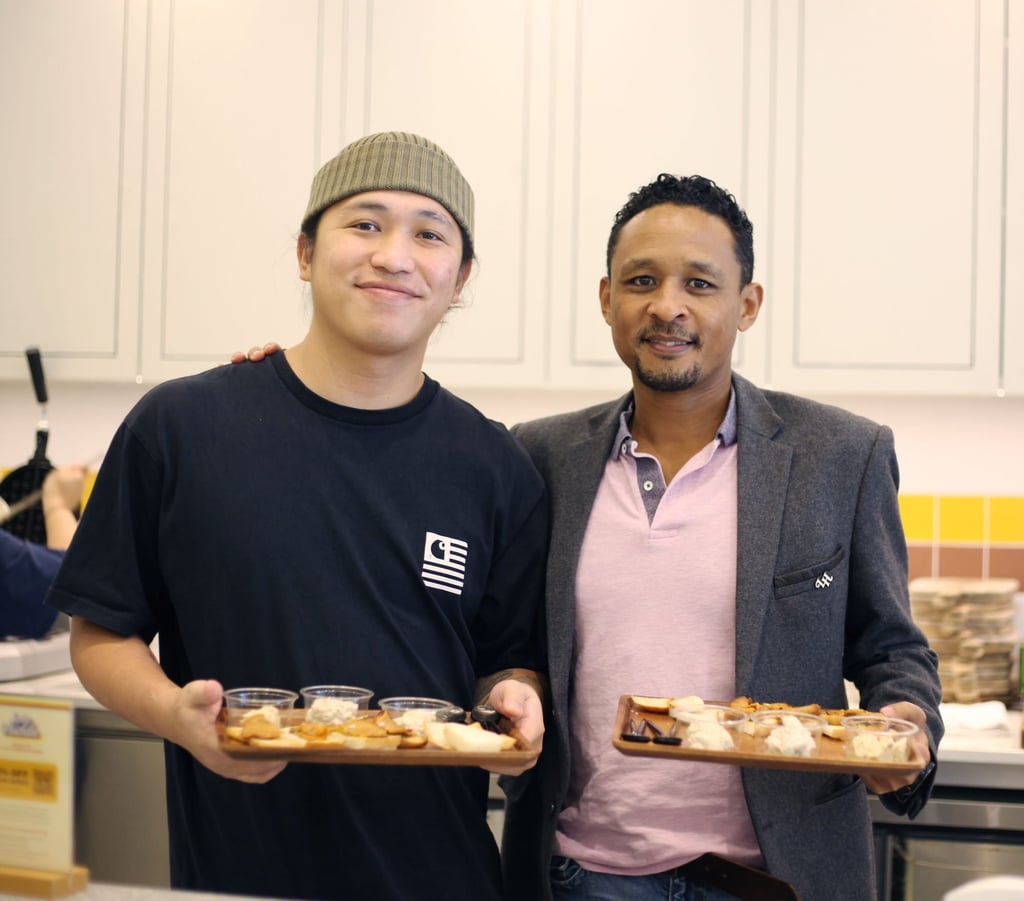How Asia’s first plant-based meat butcher, in Singapore, is winning over vegans, vegetarians, meat-eaters and everyone in between
- At Love Handle, in Singapore’s Chinatown, customers can try a range of semi-prepared plant-based meats, and have their selection sliced before taking it home
- Investments in alternative protein in Asia-Pacific surged 92 per cent to US$312 million in 2021, with global investments growing 60 per cent to US$5 billion

Aiming to make “meat” sourced from protein-rich plants appealing and accessible for all, Asia’s first plant-based butcher is riding the wave of the booming alternative protein scene.
Love Handle is a two-storey butcher and dine-in deli on trendy Ann Siang Hill in Singapore’s Chinatown. With high ceilings, chic decoration, black and white floor tiles, and a long metallic bar, it brings an edge to Singapore’s growing plant-based movement.
Love Handle wants to make plant-based meat that attracts all types of customer, from vegans and vegetarians to flexitarians and full-on meat-eaters. Customers can try raw, semi-prepared, marinated plant-based meats, and have their selection sliced before taking it home to cook.
Head chef and co-founder Addis Tan is a big player in the plant-based-food scene in Singapore. A chef of 14 years, he started his plant-based journey originally to support his parents-in-law, who, after going vegan for health reasons, struggled to find food to eat when dining out.

Love Handle, which he co-founded with Ken Kuguru and Feline Gondokusumo, was born as a burger joint and quickly became known for its comfort food, such as its Impossible double cheeseburger and mushroom Swiss burger.